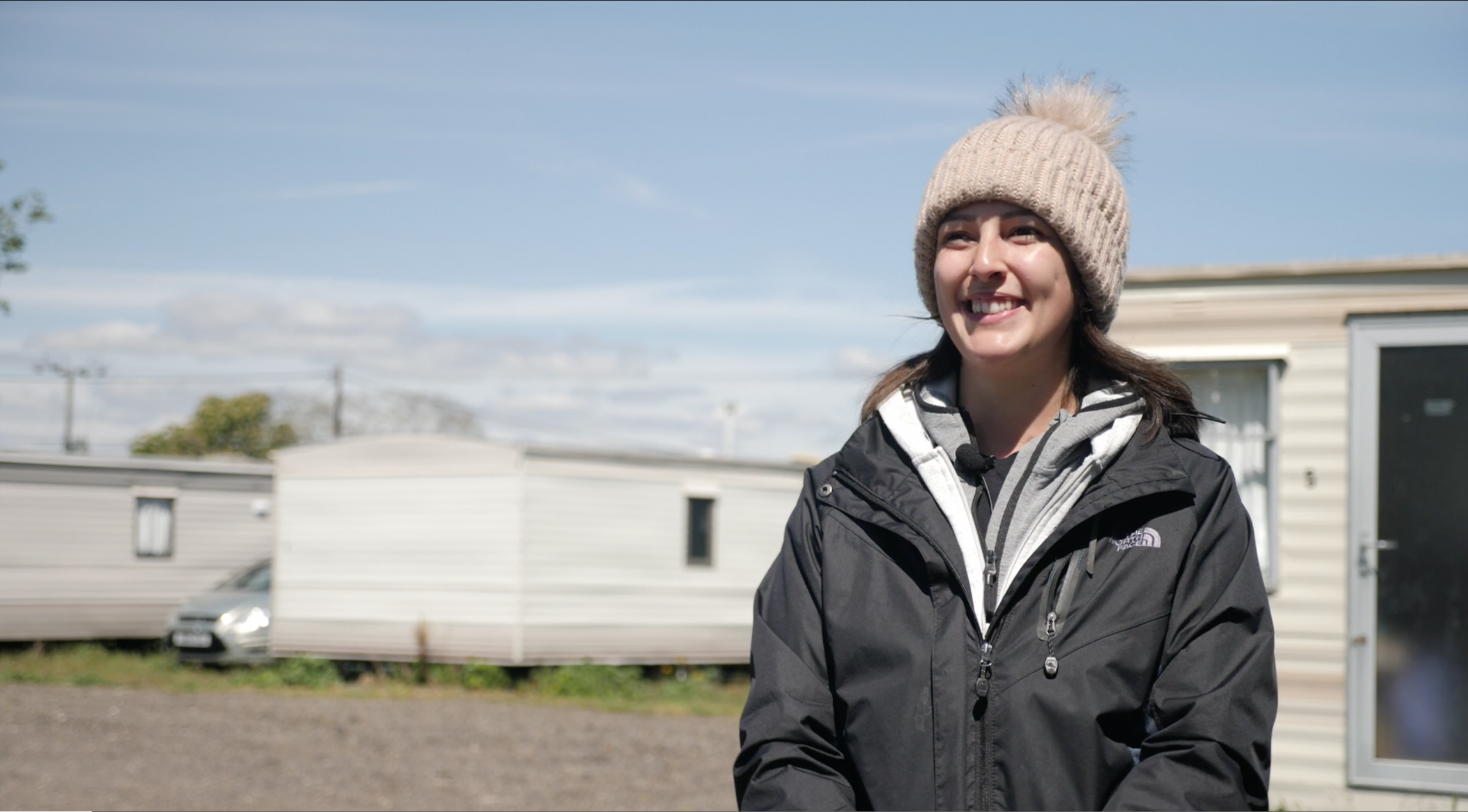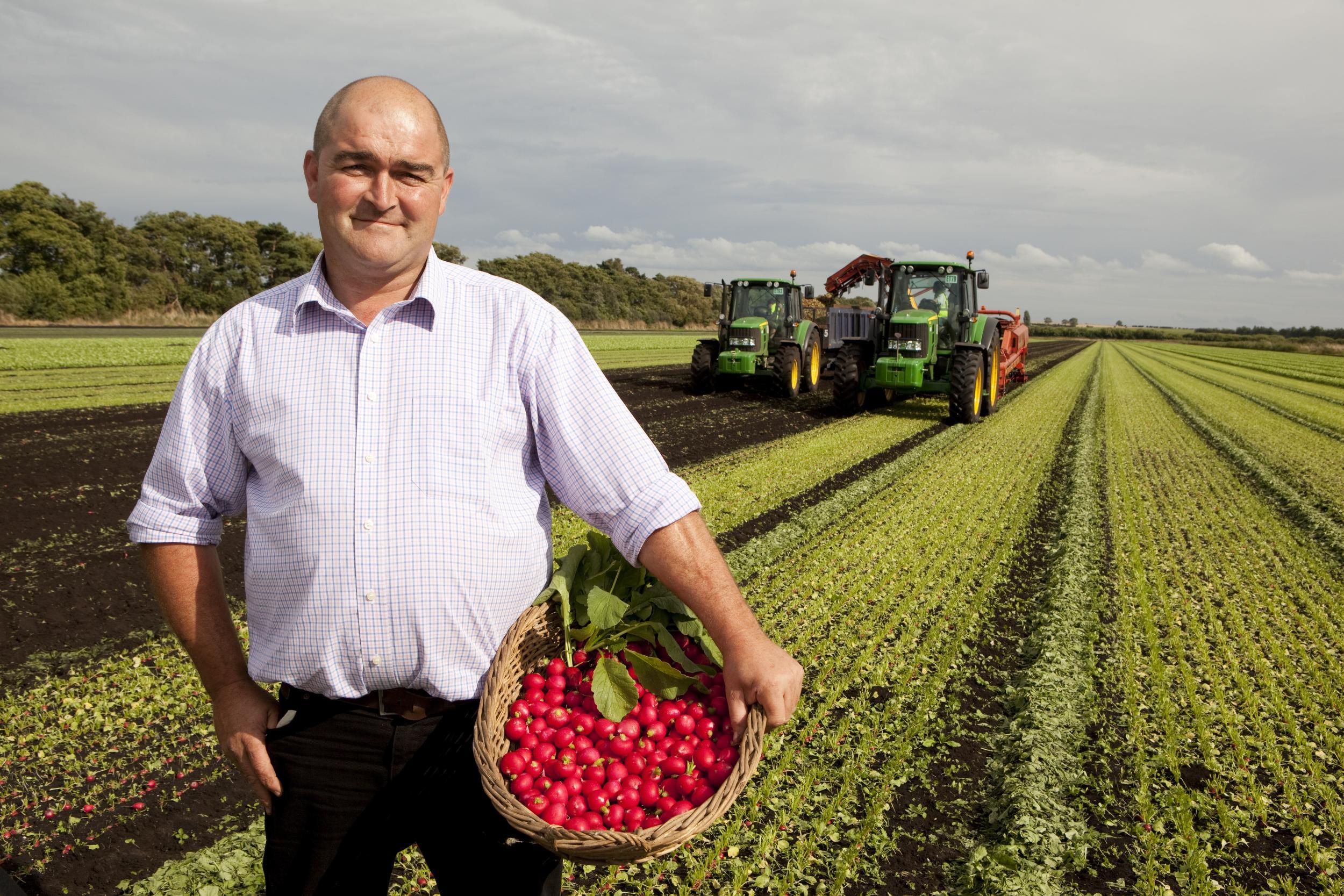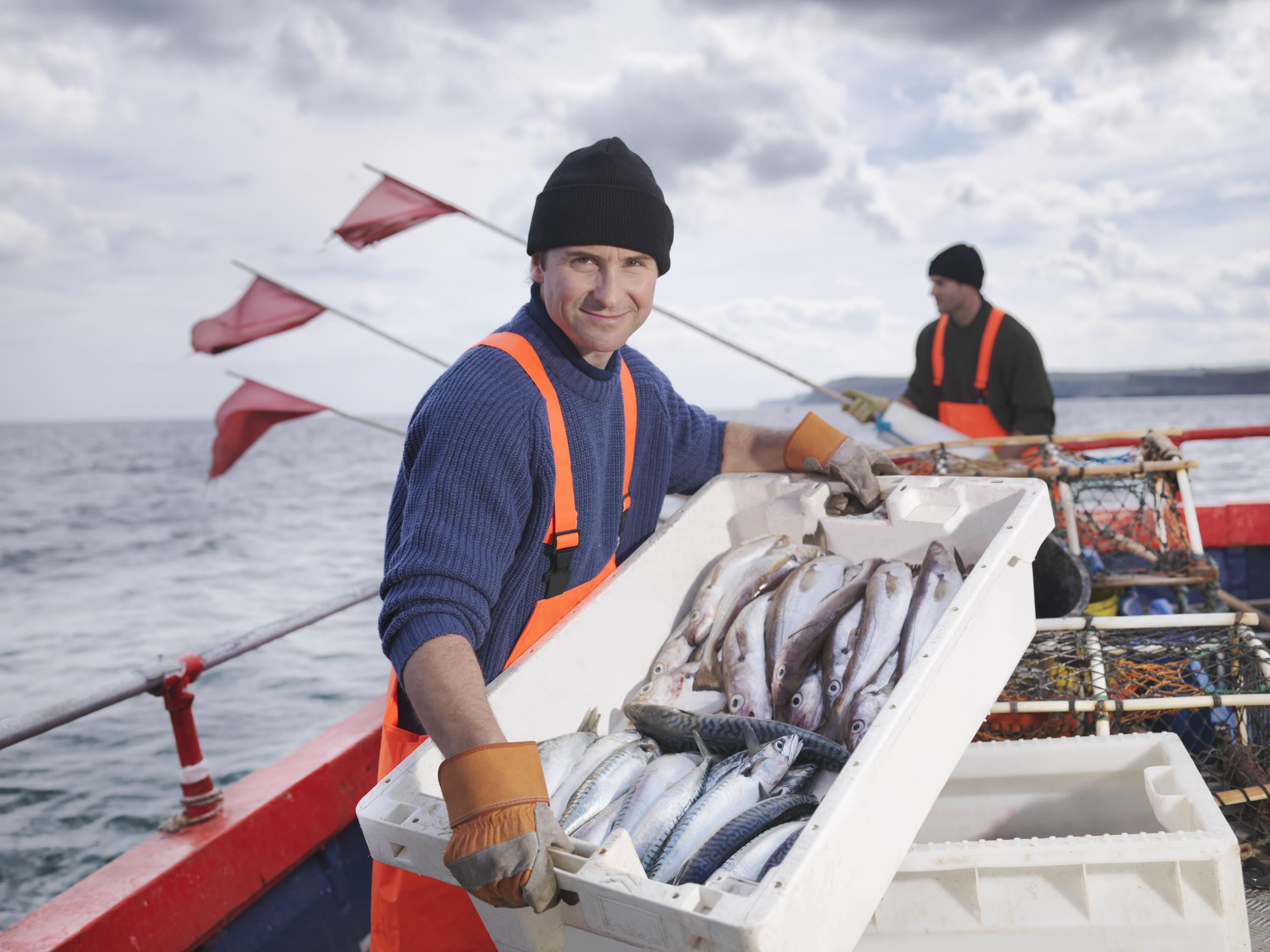From fashion stylist to farm hand: meet the people helping to harvest
The Covid-19 crisis has impacted UK farming and fishing, but there's plenty of things you can do to support them and keep fresh, healthy produce on our shelves

London-based stylist Robyn Philip, pictured above, came back to the UK in February from Australia, and was planning to work on freelance projects. Unfortunately, not long after her return, jobs began to get cancelled because of the intensifying Covid-19 crisis.
She started looking for something else right away – and is currently living and working on New Moor Farm in Southminster, Essex, working with asparagus, having swapped fashion for food.
Though a far cry from a usual career, Philip is enjoying her new setting. “Right now, I live on site on the farm, in one of the caravans in the orchard. It’s nice,” she explains. “The community is amazing. There are so many different characters on the farm. Everyone is really friendly and we’re all here for the same reasons: to help and to work.”
Her day-to-day routine varies. “Most days I’m up at five, start working at six on the farm, in the packhouse,” she says. “Generally, I’m doing a little bit of everything, so I’m helping on the line, bundling, helping customers, grading – just helping out wherever I can.”
Philip is among Brits across the country working on farms in order to help the industry continue despite the many obstacles presented by the Covid-19 pandemic.
The temporary closure of much of the food and hospitality industry has left huge quantities of fresh produce at risk of going to waste. The pubs and restaurants that would usually purchase large amounts of vegetables remain shut and travel restrictions have prevented pickers from overseas working on the farms.
Join the Pick For Britain
That’s why the Government is urging fit and healthy people looking for work across the country to get involved. The Pick For Britain initiative is helping to bring workers and employers together to ensure the farming industry can continue.
From furloughed employees whose contracts allow them to work during this time, to university students on their summer breaks, it’s a great opportunity to earn money and meet new people – while helping Britain’s food industry during these unprecedented times.
The growing season is only just getting started, so from now until September, bringing in the harvest requires a major effort. Visit pickforbritain.org.uk to find out more

Eat seasonal and local veg
But that’s not the only way to support the industry right now. Simply eating more in-season local produce will help to prevent wastage.
A wide range of vegetables are currently being harvested in the UK. These include asparagus, cucumbers, mushrooms, courgettes, spinach, summer squash, radishes, beetroot and tomatoes – and buying and cooking with this seasonal veg is a great way to contribute to the farming industry.
In need of some recipe inspo? You’ll find plenty of of delicious ideas from the likes of Hugh Fearnley-Whittingstall and Amanda Grant at vegpower.org.uk. You can get involved too: share your recipes using #SeasonalVeg on social media

Try different types of fish
Similarly, the UK's fishing industry has suffered during the current coronavirus pandemic.
While higher-end produce is currently not being purchased by restaurants, much of the catch from UK waters that would usually be exported hasn’t been, so boats across the country have struggled to sell their fish and seafood. That’s why there's never been a better time to try something new.
Among the wide range of different species found in UK waters are mussels, crab, mackerel, herring, rainbow trout, hake and coley (or saithe). One of the following recipes will not only up your cooking game but also help our economy...
Find a local supplier at fishisthedish.co.uk, where you'll also learn how to buy, store and cook fish and seafood.
This is Government advice for England.